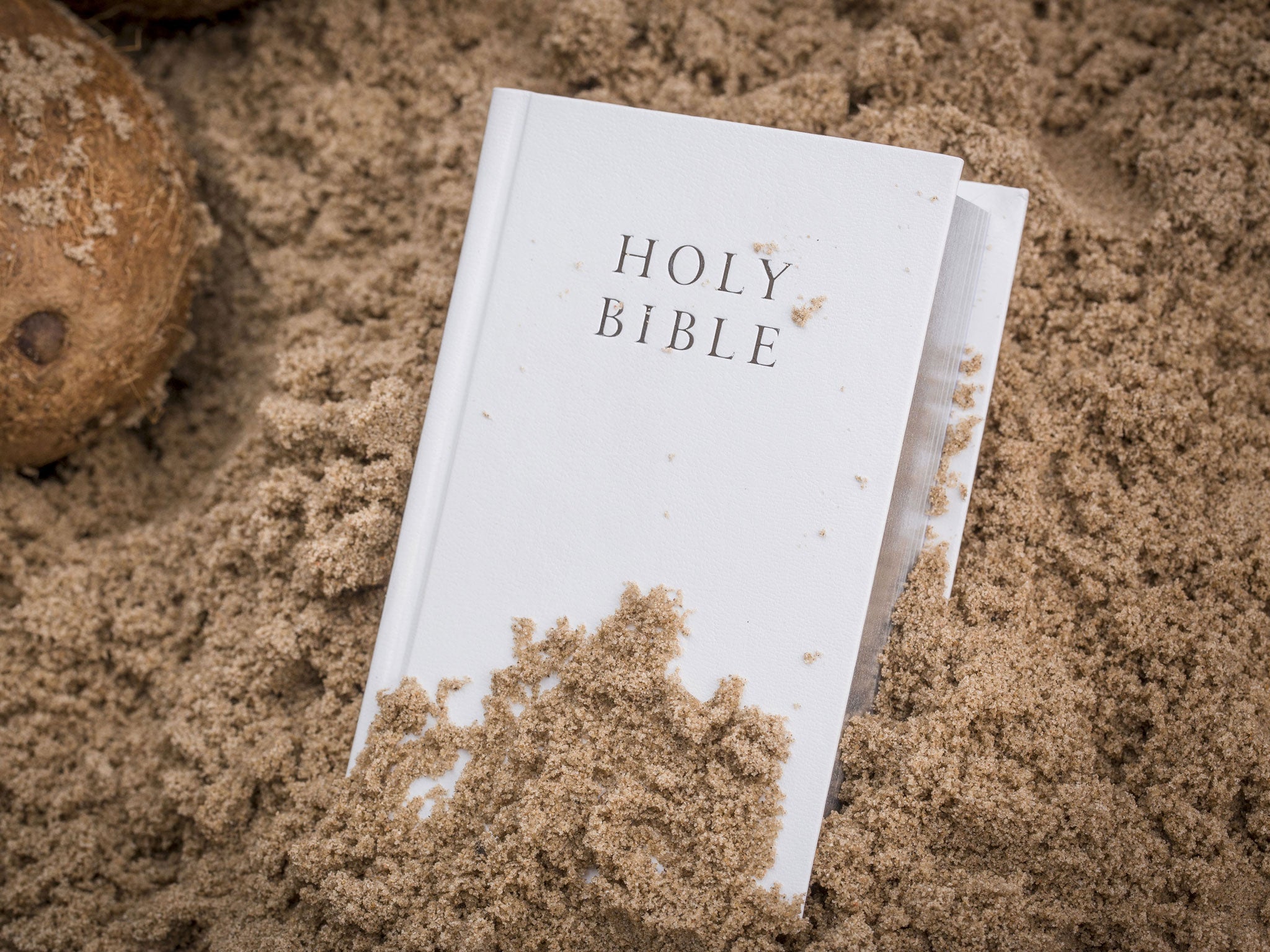The Bible voted more valuable to humanity than Darwin's Origin of Species in Folio Society poll
The Bible, which edged narrowly ahead of Darwin's text, was chosen by the British public because it 'contains guidelines on how to be a good person'

Your support helps us to tell the story
From reproductive rights to climate change to Big Tech, The Independent is on the ground when the story is developing. Whether it's investigating the financials of Elon Musk's pro-Trump PAC or producing our latest documentary, 'The A Word', which shines a light on the American women fighting for reproductive rights, we know how important it is to parse out the facts from the messaging.
At such a critical moment in US history, we need reporters on the ground. Your donation allows us to keep sending journalists to speak to both sides of the story.
The Independent is trusted by Americans across the entire political spectrum. And unlike many other quality news outlets, we choose not to lock Americans out of our reporting and analysis with paywalls. We believe quality journalism should be available to everyone, paid for by those who can afford it.
Your support makes all the difference.The Bible has been voted more valuable to humanity than Charles Darwin’s On the Origin of Species by the British public.
The Folio Society survey conducted by YouGov asked members of the public to name the books of most significance for the modern world.
The Bible edged just in front with 37 per cent of the vote, while Darwin’s book explaining his theory of natural selection was chosen by 35 per cent of the 2,044 British adults surveyed.
On the Origin of Species was chosen because it “answers fundamental questions of human existence”, while The Bible was cited because it “contains principles / guidelines on how to be a good person”.
Tom Walker, editorial director of The Folio Society, said: “The first question I had was whether the similar figure for Darwin and the Bible does show a continuing polarisation between the realms of science and religion, or whether in fact it reveals a more balanced approach to ideas for the modern reader.
“They are the two ideas which have clashed in the 20th century – this shows, I think, that we can take understanding from both of them.”
A Brief History of Time by Stephen Hawking was voted in third place, just ahead of Albert Einstein’s Relativity: The Special and General Theory.
Only two novels made up the top ten with George Orwell’s Nineteen-Eighty Four and Harper Lee’s To Kill a Mockingbird voted among the most valuable books to humanity.
The publisher asked respondents to choose three titles from a list of 30 books. The Communist Manifesto, War and Peace and Hamlet came just outside of the top ten with five per cent of the vote, while Mary Wollstonecraft’s A Vindication of the Rights of Women was chosen by four per cent of people.
A few of the titles including Salman Rushdie’s Midnight’s Children and Kurt Vonnegut’s Slaughterhouse-Five received no votes.
“There is an overtly political message to both of the fiction titles, but fiction generally doesn’t seem to be seen as so highly influential in how people judge ideas in society; Shakespeare and Tolstoy also have low percentages,” Walker said.
Join our commenting forum
Join thought-provoking conversations, follow other Independent readers and see their replies
Comments